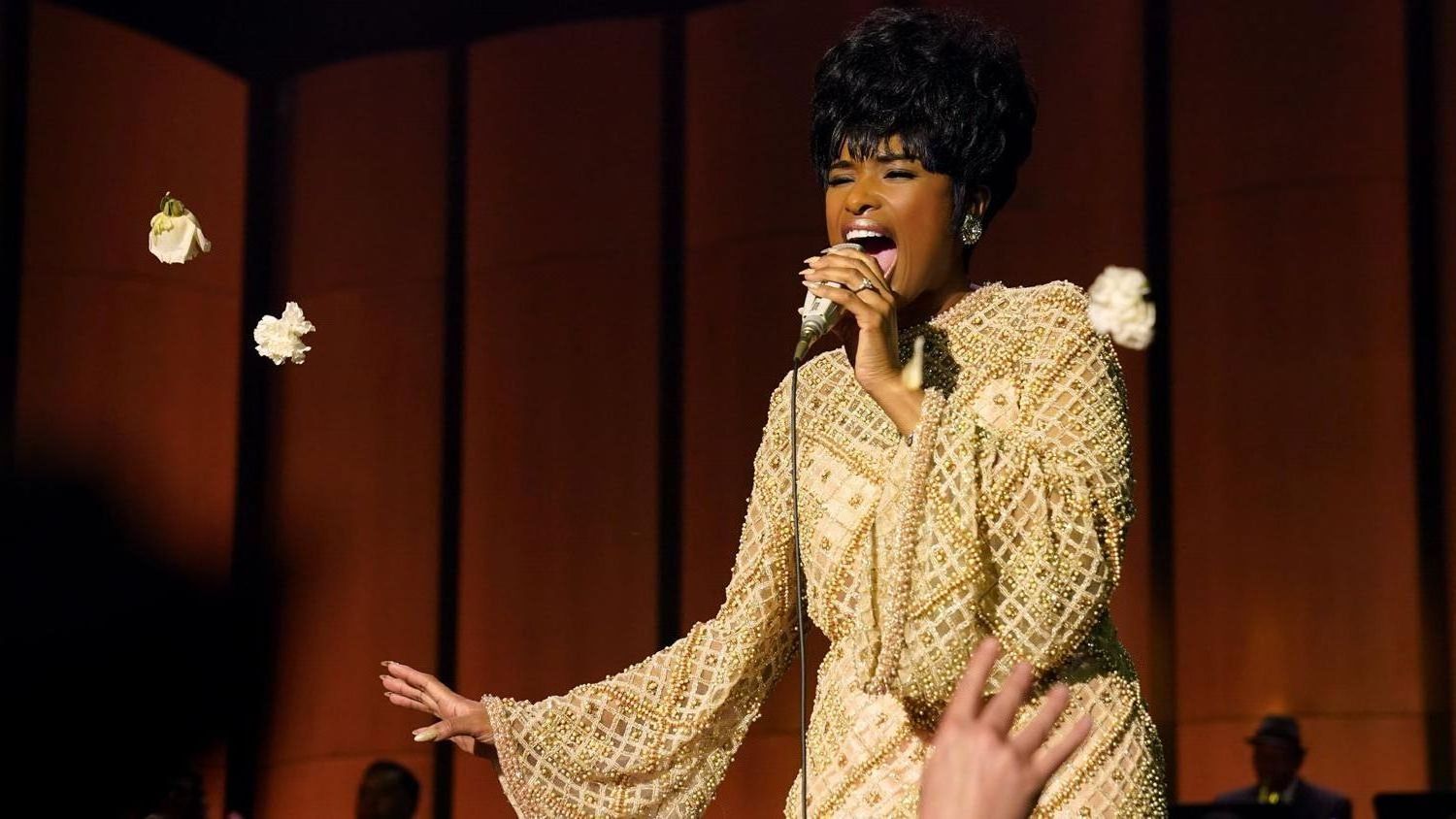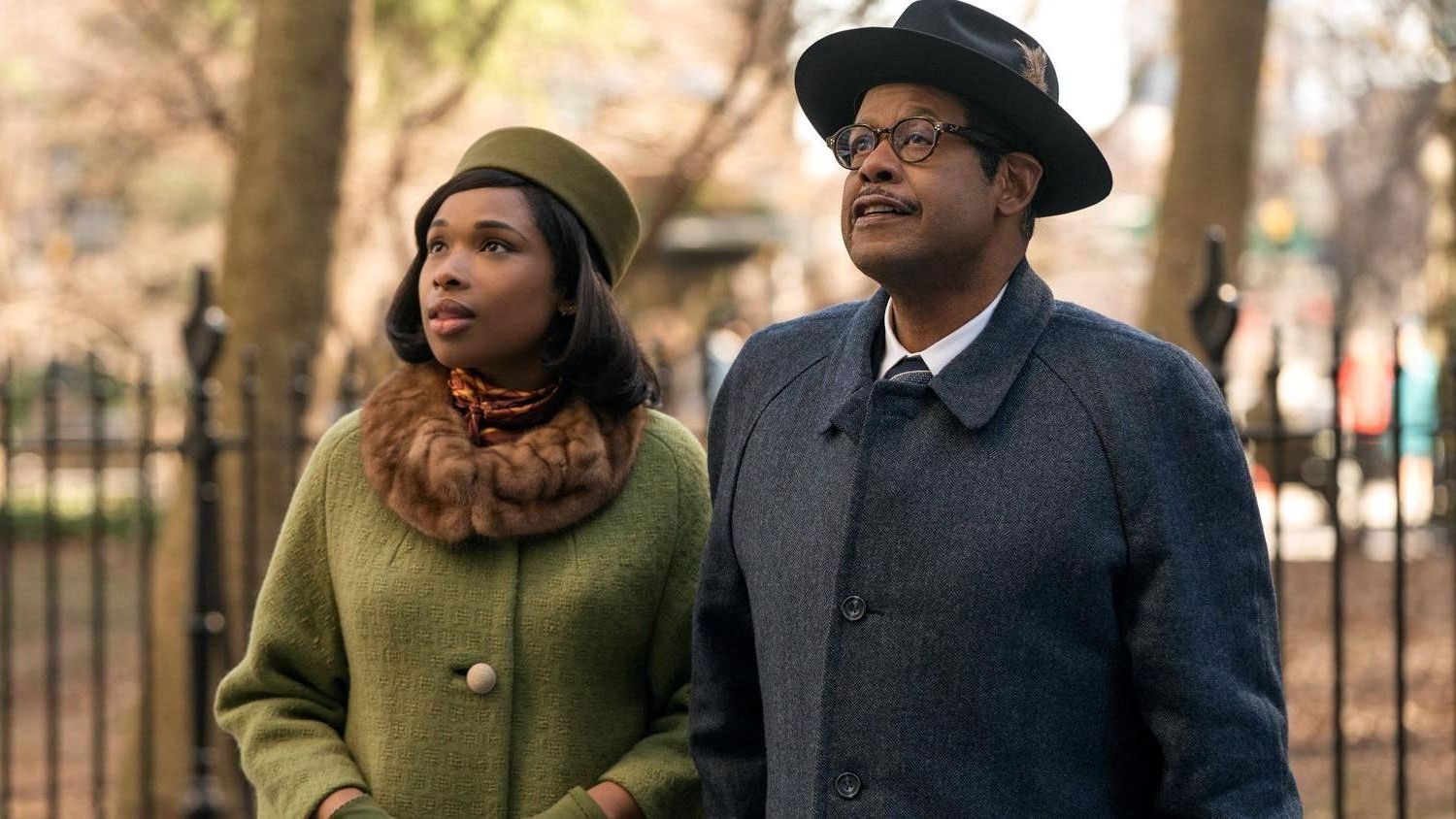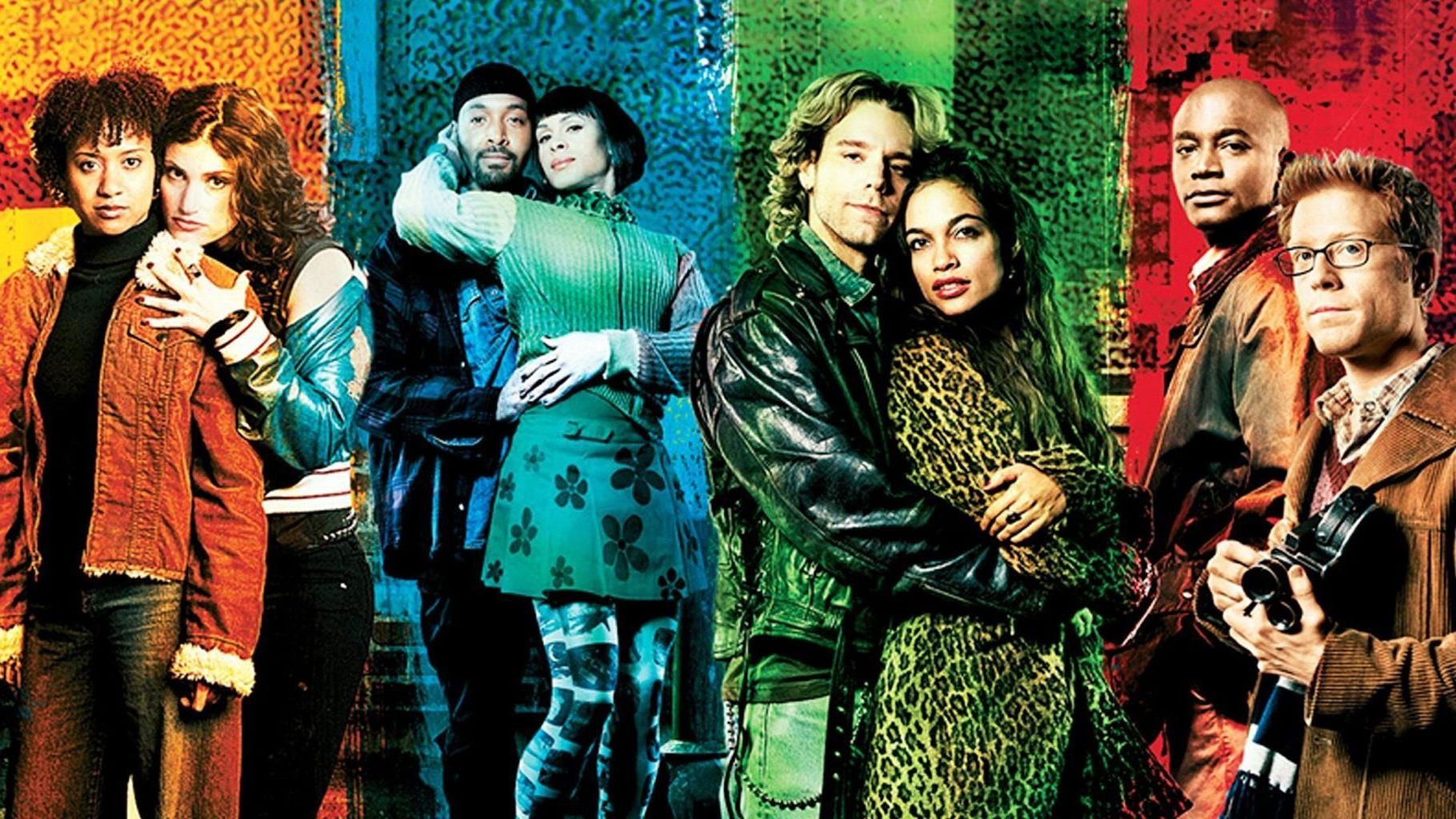
Respect Review Movie
Respect Review
Aretha Franklin lived a long life, and never followed the simple rags-to-riches-to-drug-addiction-to-rebirth narrative of so many of her contemporaries. Franklin was raised in the comfort of her home and was motivated by a complex mixture of relentless determination and filial piety more than a desperate need. But from this complexity, the director of the theatre Leisl Tommy weaves a basic, but largely successful narrative that is focused on Franklin's attempts to identify her own sound and then overcome the enemies that threaten to overtake her.

After the childhood scenes featuring Skye Dakota Turner as a popular and highly gifted young 'Ree' Jennifer Hudson takes over as Aretha for the past decade, when she transformed from church soloist to world-renowned. The singer's young age gained her fame by performing in her dad's (Forest Whitaker) church as well as on tour throughout the United States, but her career as a secular artist has been a string of failures until she is able to work together with her director Jerry Wexler (Marc Maron) despite the disdain from her spouse Ted (Marlon Wayans).
Her family members were part of this which could explain some of the more tangled aspects of her life.
Behind Franklin's struggles at work are deeper, more intimate secrets, including it's true that she was pregnant at the age of 12 and she was afflicted with depression-related episodes. The film addresses her connections to Martin Luther King Jr (Gilbert Glenn Brown) and her significant civil-rights campaigns, but doesn't explore the risky nature of her work or innovative she was. The film's focus is often on the stoic exterior and deep-seated reserve of a reverend's daughter which means that sometimes we forget about the iron will beneath. It's the powerful and rebellious old Ms Franklin, the singer who in 2008 criticized the actual Beyonce for apparently deeming Tina Turner the queen of soul, when she announced her performance at the Grammys and who could be an even more controversial subjectbut unfortunately, this film doesn't go as far.
Her family members were part of this, and maybe this is the reason for some flattening of the more tangled aspects that she lived through. It's difficult to comprehend her devotion to and anger over her amazing father, without knowing the way they handled her pregnancies in the beginning. Hudson provides Franklin an edge and her reactions to the camera when her husband's blustery grandstands are unforgettable, however, it's difficult to incorporate any personality into a script going through world-changing events, and half of her back catalog and, while Tommy is a masterful storyteller however she's not nearly as creative as her subject. She has beautiful shot but static staged scenes and a mostly linear style. There's plenty of dramatic meat left in her affectionate, close and fiercely domineering attitude to her siblings, and in her awkward romances.
The big problem lies in the fact that Jennifer Hudson is immensely talented however, no one is Aretha Franklin. Hudson can belt out huge numbers, but as a clip in the middle of the credits illustrates the real star is Franklin herself was an extraordinary singer with a richness and tone that no one could rival (Cynthia Erivo, who was in the TV bio-serial is a little more close but she's still not Aretha). This is a challenge that the entire film has even if it tries to explore the struggles she faced with alcohol, family and structural racism, gender-based discrimination, as well as her groundbreaking musical invention however, it's not able convey the full range of Franklin's incredible achievement. There's only one Queen of Soul and we're fortunate to have had the privilege of hearing her.

